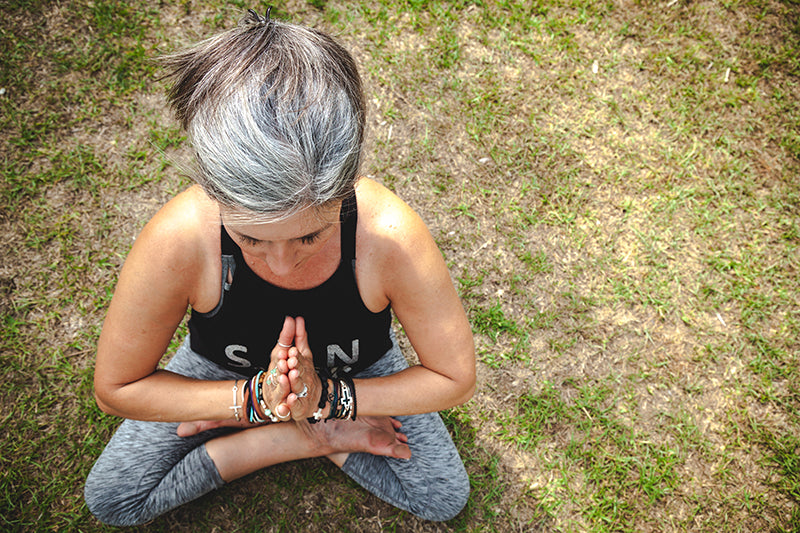Menopause is a transformative phase in a woman's life, marked by various physical and emotional changes. One unexpected challenge that many women face during menopause is acne. Contrary to common belief, acne is not reserved for adolescence; it can resurface during menopause, leaving many women puzzled and frustrated. In this comprehensive guide, we'll explore the relationship between menopause and acne, shedding light on effective self-care practices to nurture both your skin and overall well-being.
Understanding Menopausal Acne
Menopausal Hormonal Shifts: Menopause triggers a significant hormonal shift in a woman's body, with a decline in estrogen levels. This hormonal imbalance can lead to an increase in androgens, contributing to the development of acne.
Types of Menopausal Acne: Menopausal acne can manifest in various forms, including persistent blackheads, whiteheads, and inflammatory pimples. Understanding the specific type of acne you're dealing with is crucial for effective management.
The Role of Lifestyle in Menopausal Acne
Dietary Considerations: Adopting a skin-friendly diet rich in antioxidants, vitamins, and omega-3 fatty acids can positively impact menopausal acne. Incorporating fruits, vegetables, and fish into your meals can promote skin health.
Hydration Matters: Proper hydration is often underestimated in skincare. Drinking an adequate amount of water helps maintain skin elasticity and flush out toxins, contributing to a clearer complexion.
Stress Management: Menopausal acne can be exacerbated by stress. Implementing stress-reduction techniques such as meditation, yoga, or deep breathing exercises can have a significant impact on your skin's condition.
Skincare Routine for Menopausal Acne
Gentle Cleansing: Use a mild, non-drying cleanser to remove impurities without stripping your skin of essential oils. Harsh cleansers can aggravate menopausal acne, so opt for products designed for sensitive skin.
Exfoliation: Regular but gentle exfoliation helps remove dead skin cells, preventing clogged pores. Look for exfoliants containing alpha hydroxy acids (AHAs) or beta hydroxy acids (BHAs) for optimal results.
Moisturize: Even if your skin tends to be oily, moisturizing is crucial. Choose a lightweight, non-comedogenic moisturizer to keep your skin hydrated without causing breakouts.
Holistic Approaches to Menopausal Well-Being
Regular Exercise: Engaging in regular physical activity not only improves circulation but also helps regulate hormones. Aim for a mix of cardiovascular exercises and strength training for overall well-being.
Quality Sleep: Adequate sleep is essential for hormonal balance and skin rejuvenation. Create a conducive sleep environment, and establish a consistent sleep schedule to support your skin's natural healing processes.
Consultation with Professionals: If menopausal acne persists, consider consulting a dermatologist or healthcare professional. They can provide personalised advice and may recommend prescription medications or advanced skincare treatments.
Conclusion
Navigating menopausal acne requires a multifaceted approach that encompasses lifestyle changes, a tailored skincare routine, and holistic well-being practices. By embracing these strategies, you empower yourself to not only address menopausal acne but also enhance your overall skin health and well-being. Remember, self-care is a journey, and with dedication, you can nurture your skin through the transformative phase of menopause.
